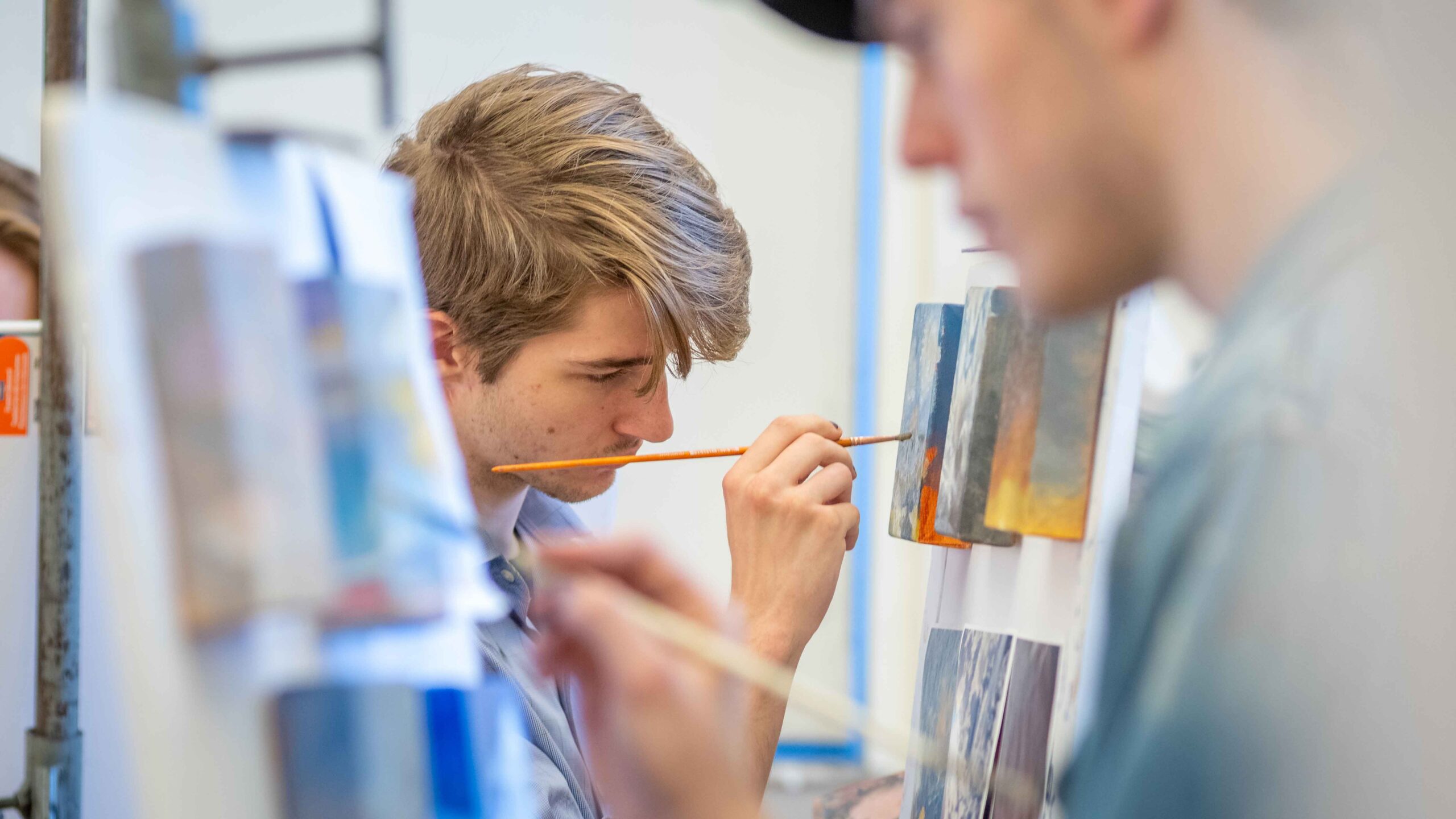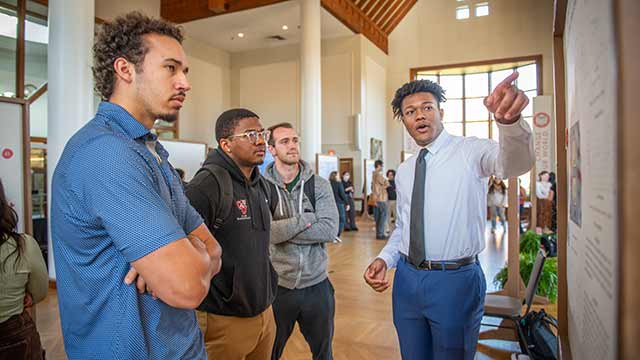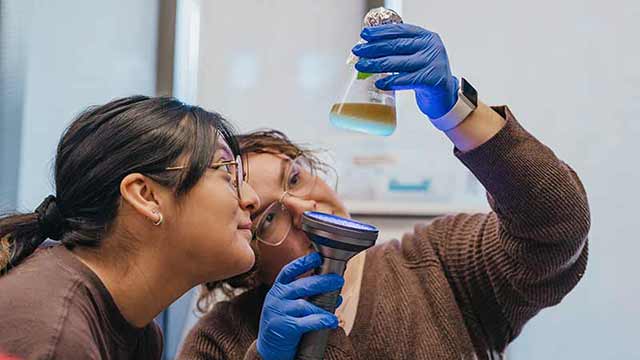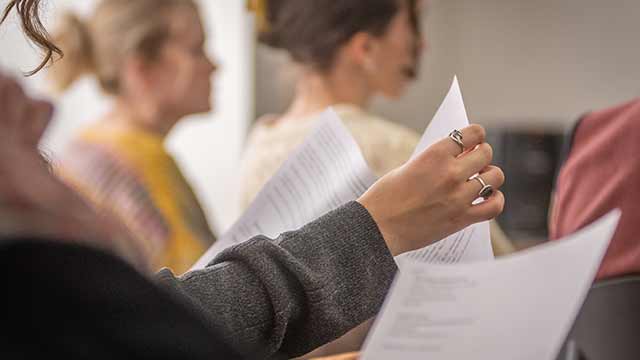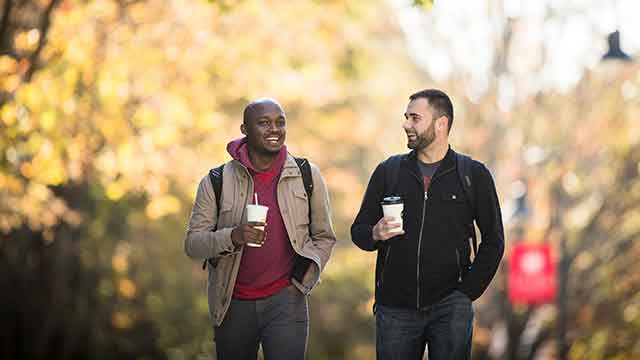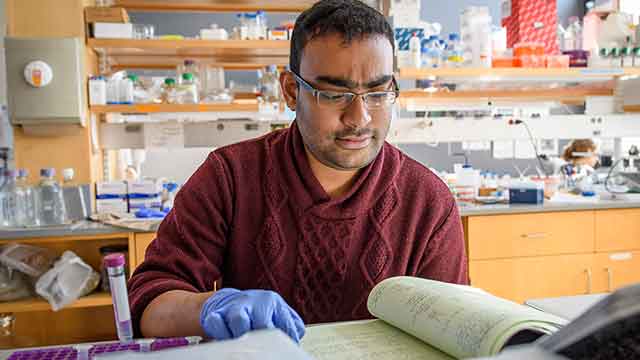
Academics
Discover your purpose
At Clark, you’ll find an uncommon community of peers and mentors who get to know you, challenge you to grow as a thinker, and consider the world from new perspectives. You’ll feel inspired to imagine a better world — and empowered to create it.
Undergraduate education
Whether you’re interested in documenting heat islands in Worcester, designing characters in a video game, learning a new language, or transforming your business idea into a reality, you’ll find opportunities to engage with real-world challenges.
The Clark Experience
The Clark Experience brings together the exceptional education you’ll receive in the classroom and so much more. Through focus and flexibility, it ensures you’ll leave Clark with the creativity, confidence, and resilience to succeed and lead a life of meaning and consequence.
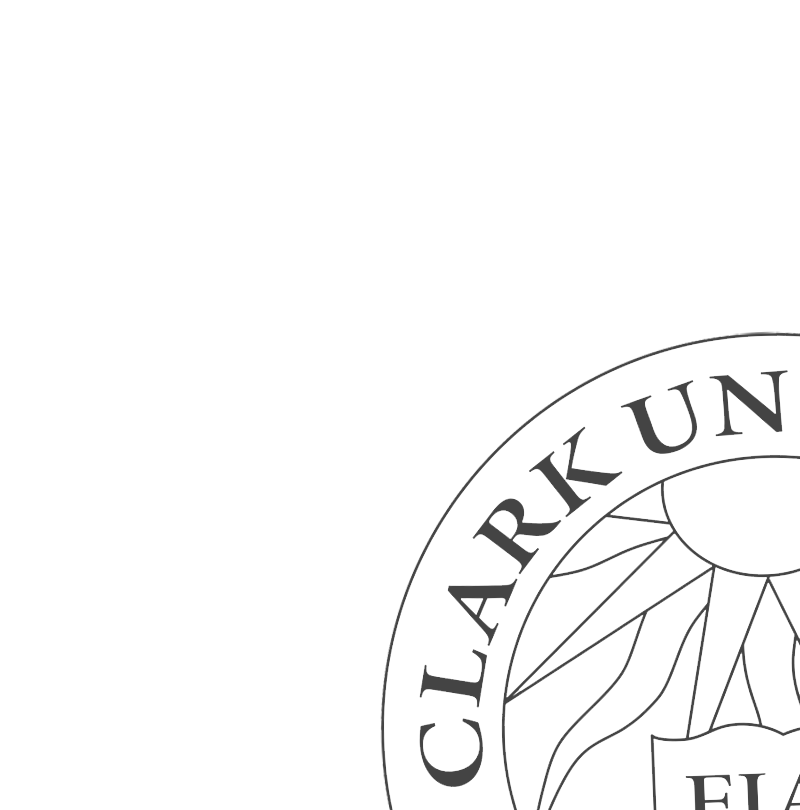
Problems of Practice
Problems of Practice (PoP) courses are internship-like experiences that offer the chance to make a difference as you learn.
You’ll join faculty-led teams working in partnership with local and global communities to investigate complex, real-world questions and challenges.
4+1 Accelerated Master’s
An advanced degree within reach
The 4+1 Accelerated Master’s provides an opportunity to earn a pathway to a master’s degree — with one year of additional study and available tuition scholarships.
Hands on learning
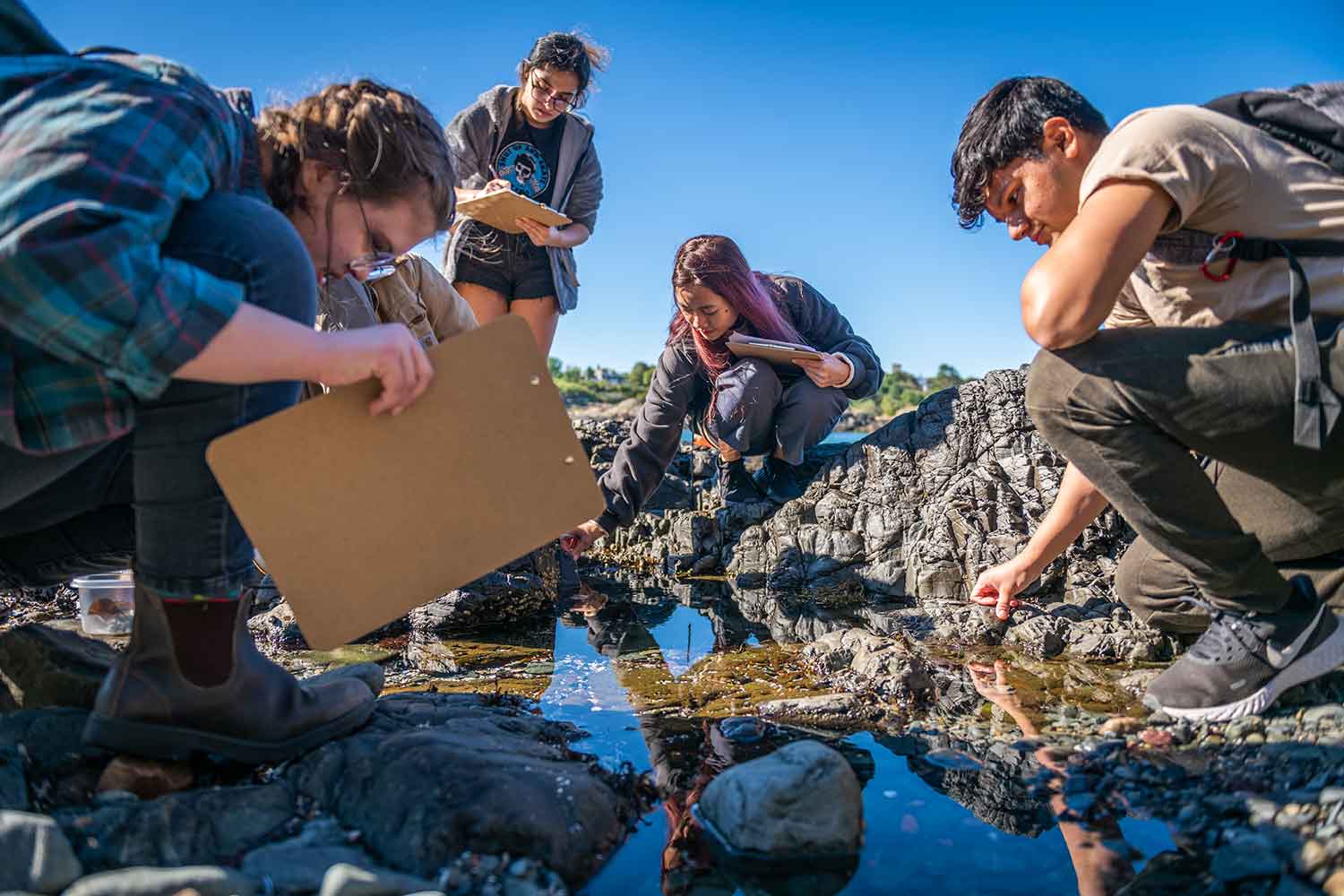
Graduate Education
Students from around the world choose Clark University for our globally ranked and recognized graduate programs that deliver knowledge, skills, and experience for successful careers.
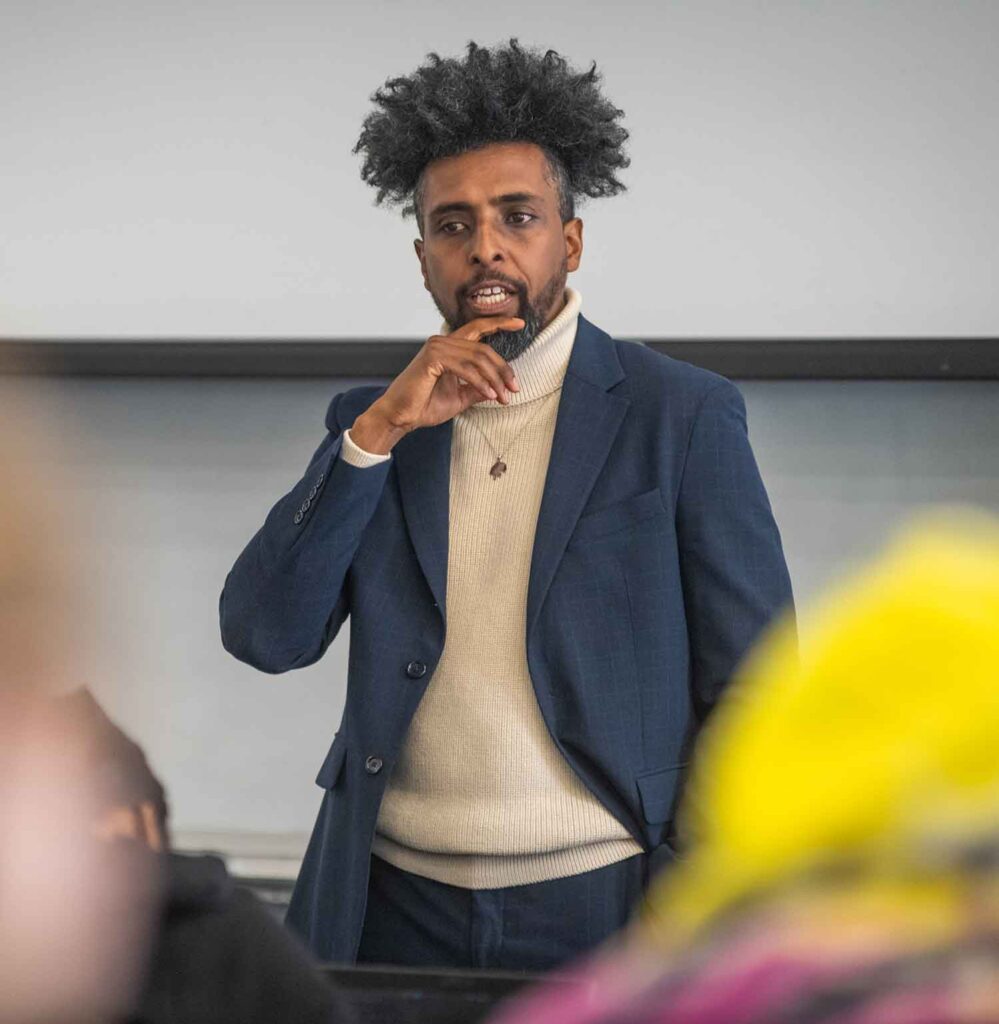
Faculty
Clark faculty members are scholar-teachers who bring students along in their groundbreaking research.
Eduard Arriaga-Arango, who helped launch the Digital Humanities Research Collaborative, works with interdisciplinary teams to apply technology to the study of textual analysis, data mining, and visualization.
While at Clark, Dilasha Shrestha ’22 served as president of the Clark Center for Technology, Innovation, and Entrepreneurship (TIE). Today, she’s a Product Manager at LinkedIn.
Be a force for change.
Come study at a small research university with a strong liberal arts core.
- Undergraduate
- Graduate
Still curious? Request more information.


